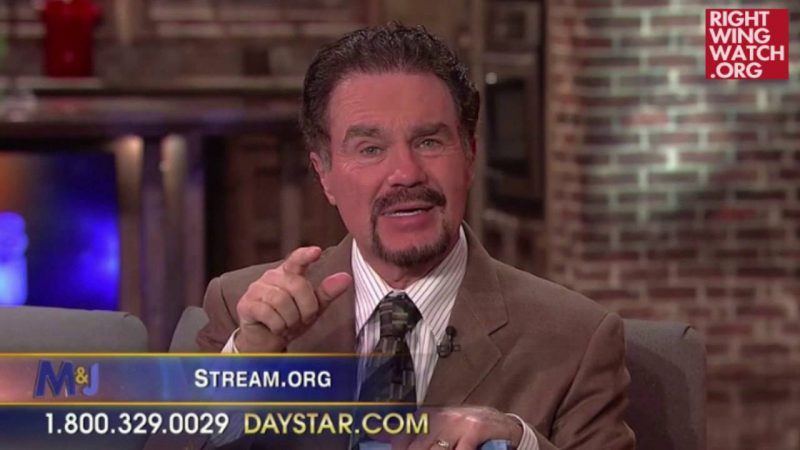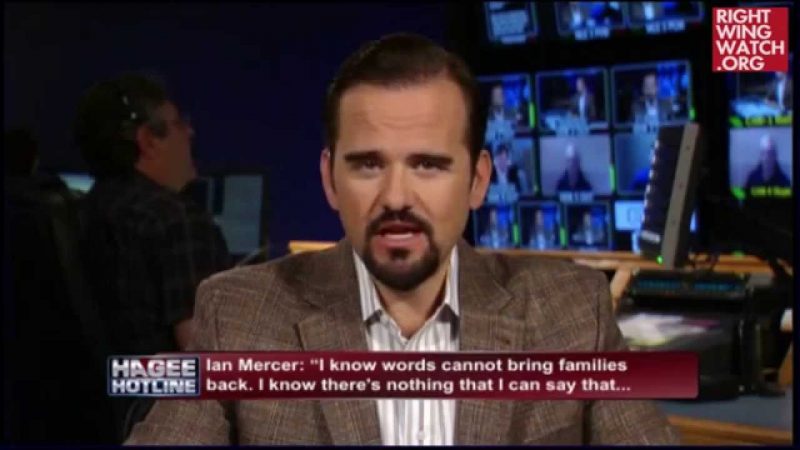As we have noted multiple times before, the “experts” over at WallBuilders routinely teach that just about every aspect of our government and culture has been explicitly based on Biblical principles. Thus we are constantly hearing that the three branches of government and separation of powers, our due process clause, elections, all manner of other Constitutional provisions and various other institutions were explicitly rooted in the Bible.
David Barton in particular constantly teaches that our free market economic system came directly out of the Bible and routinely cites Bible passages to justify that claim. In fact, Barton frequently cites the the famous “Parable of the Workers in the Vineyard” from Matthew 20 to justify employment discrimination, the right of employers to treat their workers unfairly, and the elimination of the minimum wage.
As we have pointed out time and time again, the message Jesus is teaching in this parable is that “the Kingdom of Heaven is like a landowner” who pays all of his works the same amount, regardless of how much they worked. The entire point is that no matter how late in one’s life one comes to Christ, the Heavenly reward is the same; those who embraced Christ on their deathbed will receive the same eternal reward as those who were Christians all of their lives because of God’s generous love.
Recently, Rick Green, Barton’s colleague and co-host at “WallBuilders Live,” was speaking to a church in North Dakota and making similar claims about how our government and social institutions all originated in the Bible. So it was no surprise that Green likewise made the case that our free market economy is rooted in Matthew 20, though he added yet another interpretation of this passage when he flashed a PowerPoint slide on the screen claiming the lesson of this parable is that “labor is rewarded”:

Has Green even read Matthew 20? The parable is about workers being hired at different points thorough out the day to work in a vineyard and then all getting paid the same amount, regardless of how long they had worked. This is equal pay for unequal work, plain and simple. It makes sense when understood as a parable about God’s generous love, but sounds like Communism when help up as an economic principle. So how can this passage possibly be interpreted as a Biblical free market principle that “labor is rewarded” when, if interpreted as though an economic lens, it is actually teaching the exact opposite?








